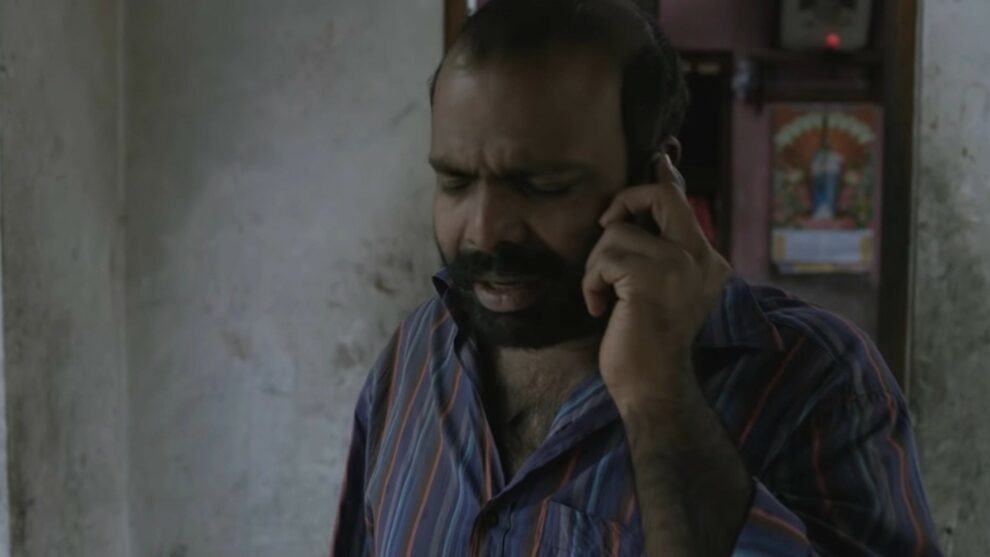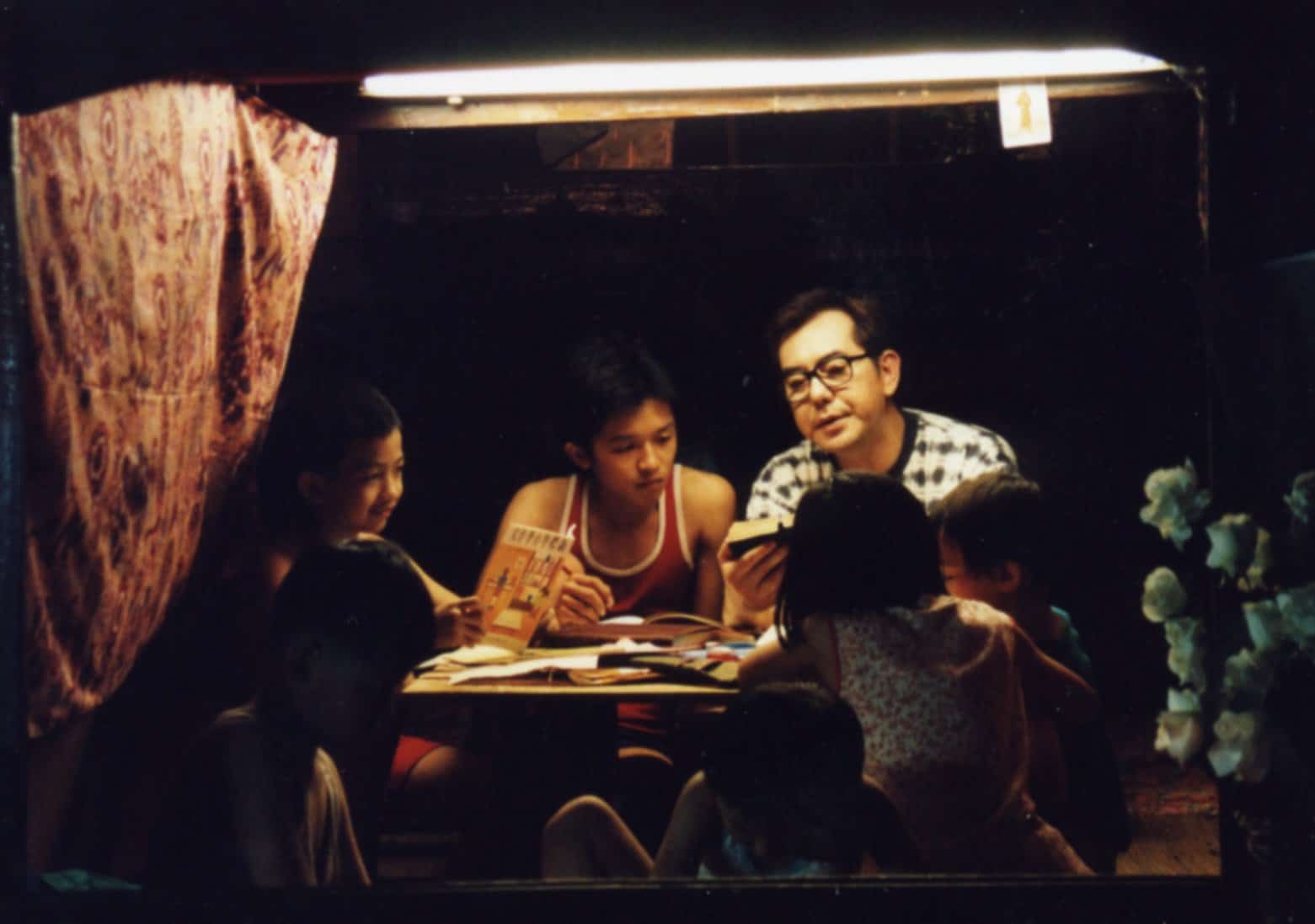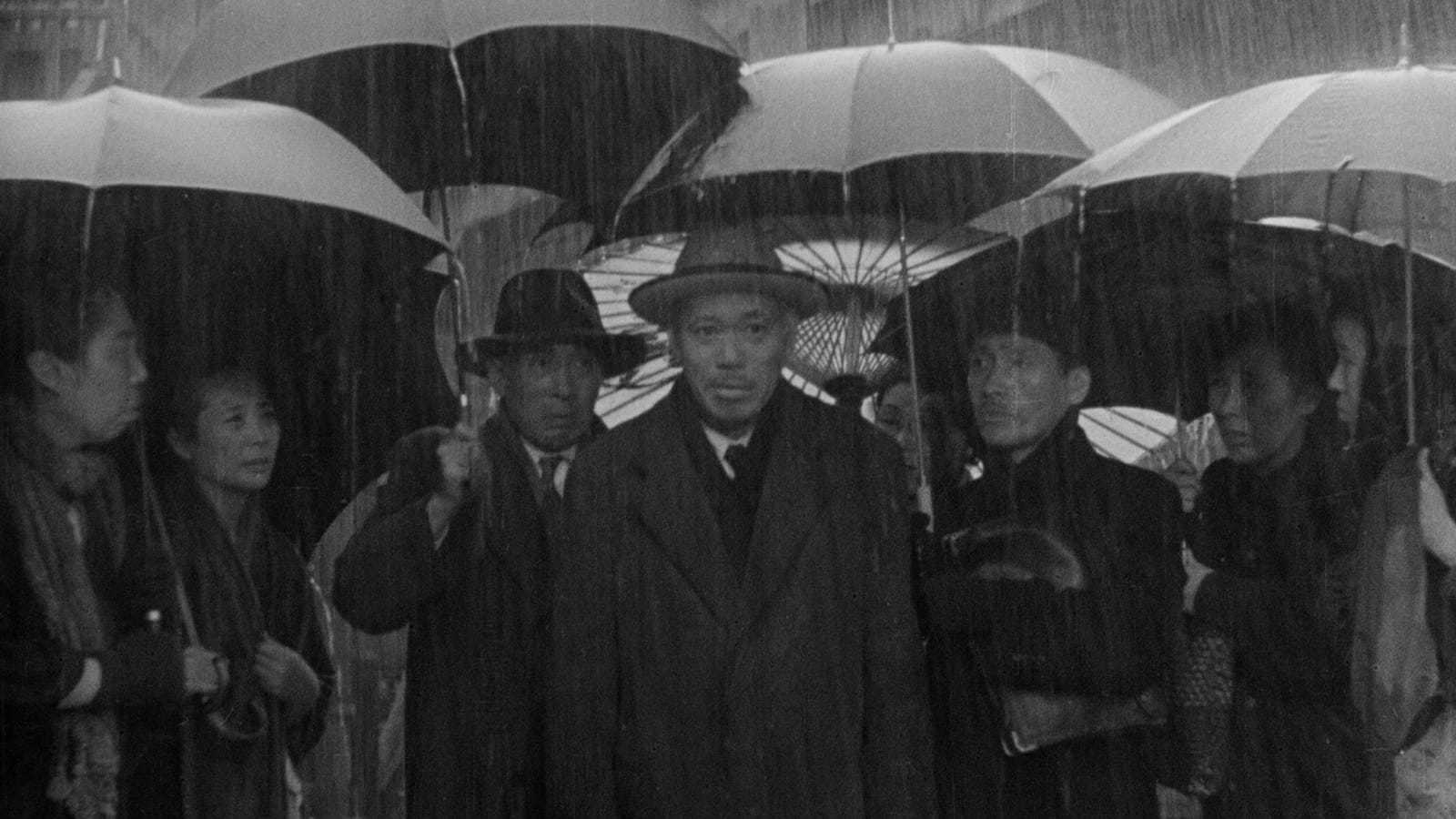The social and political landscape of a culture is vast and complex and trying to capture it within a single narrative is quite a task. Many storytellers therefore take a look at the world of politics in order to present their view which more than once results in captivating stories, but is quite demanding as the relations and references are often rather complicated. Director Lijo Jose Pellissery, who garnered international acclaim with his feature “Jallikattu”, rather concentrates on the “small world” of the village to tell stories which shed some light into socio-political mechanisms. However, “Jallikattu” is the centerpiece of a trilogy which tackles those issues, while adding elements such as surrealism and even fantasy to some extent. “R.I.P.”, the first part finished in 2018, tells the tale of a death in a village, an event which not only brings out certain rumors and suspicions within the population, but also talks about the darkness in all of us.
R.I.P. is screening at Five Flavours

After returning from a long journey, Vavachan (Kainakary Thanakaraj) receives a rather lukewarm welcome from his wife Pennama (Pauly Valsan) and his son Eeshi (Chemban Vinod Jose). Drunk and vulgar towards his wife and step-daughter, he continues to drink, accompanied by his son, before dinner is served. However, before he can even get a taste of the duck curry, Pennama finds her husband dead on the kitchen floor, with a bloody wound to his head. Little by little, the neighbors arrive upon hearing the desperate cries of Pennama and her step-daughter, while Eeshy still tries to figure out what has happened.
But he has no time making sense of the situation as already his friends give him advice and urge him to make important decisions, about the burial rites and their financing along with the autopsy, which is a matter which complicates the matter even further. As the nurse is unable to hand out a death certificate without the doctor's permission, the local vicar, after hearing about the possibility of Vavachan being murdered, decides to take matters into his own hands and informs the police about the death in the community.
If there is one aspect which really sticks out within Pellissery's direction as well as P. F. Matthews' script is their understanding of human mechanisms and dynamics. To those familiar with “Jallikattu”, this should come as no surprise, even though “R.I.P.” takes its time to fully define the various relations, affection and animosities within this small community, incited by the arrival of Vavachan, which, to no surprise, is accompanied by a violent event. The village becomes a microcosm of society as we get to know the various people and how each of them has something to hide or carries a secret grudge, or perhaps even a tendency towards violence which now finds its way to the surface. “R.I.P.” follows a tense rhythm, brutal and inevitable, that shows the darkness within us all.
Although “R.I.P.” is essentially an ensemble feature, there are some performances which stand out. Besides Arya Salim who plays Eeshi's wife and Dileesh Pothan as the village's vicar, Chemban Vinod Jose as Eeshi is the most memorable performer as someone drawn into a vicious circle he cannot get out of and which, little by little, seems to turn on him even. The individual is captured within various social expectations and demands, enforced by emotional links and debts as well as rumors being spread “just for the fun of it”, as one of the gossipers admits at one point. In the end, a way to govern the chaos and the circle of violence which ensues seems impossible, with the individual forced to take matters into his own hands.
Check also this video
“R.I.P.” is a powerful drama about the death of a person and how it paves the way for a hurricane of gossip, accusations and violence. Lijo Jose Pellissery directs a nearly perfect feature with some great performances and a critical look at certain dynamics within society, which could easily be applied to other cultural environments as well.















